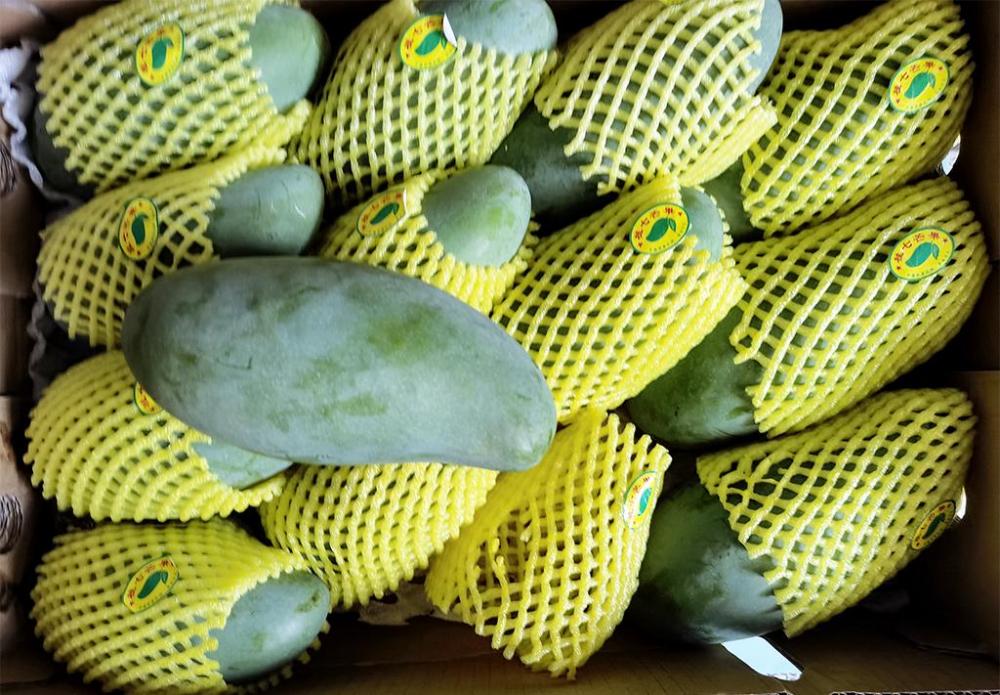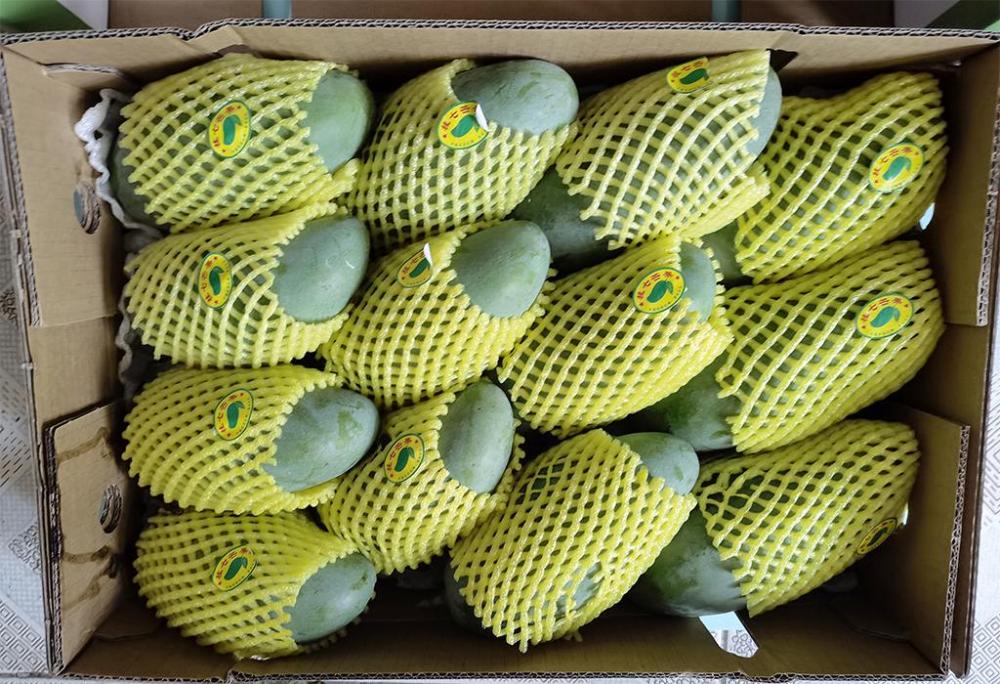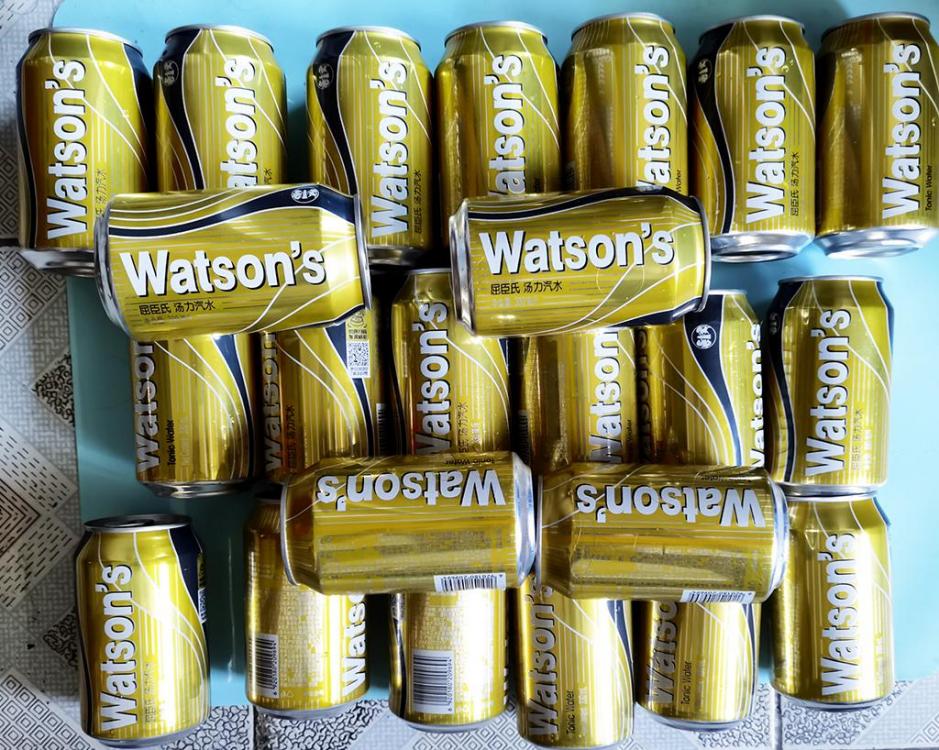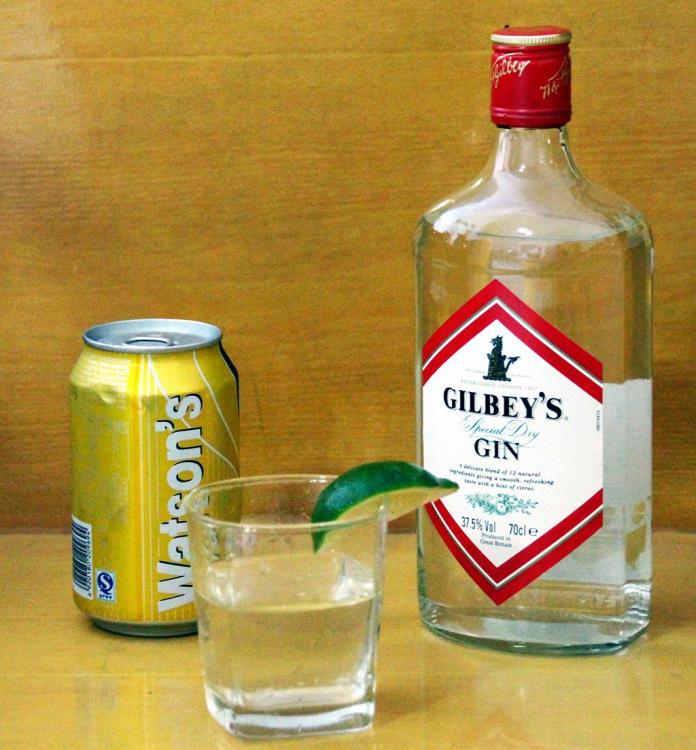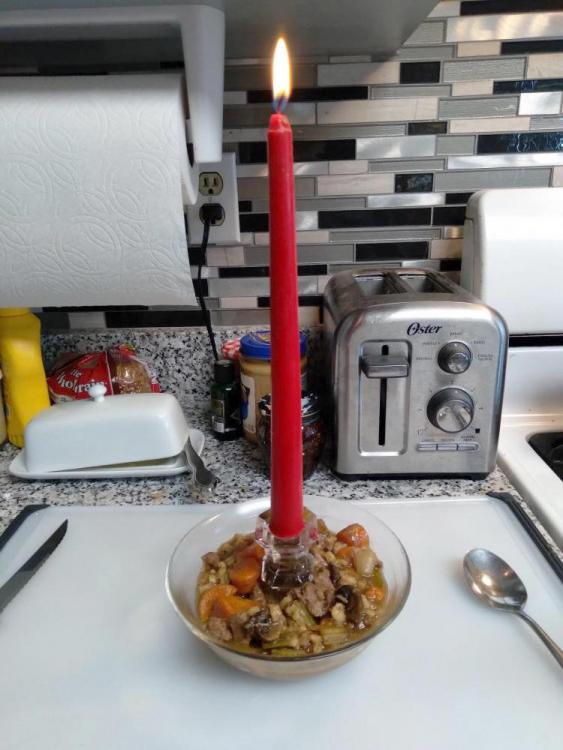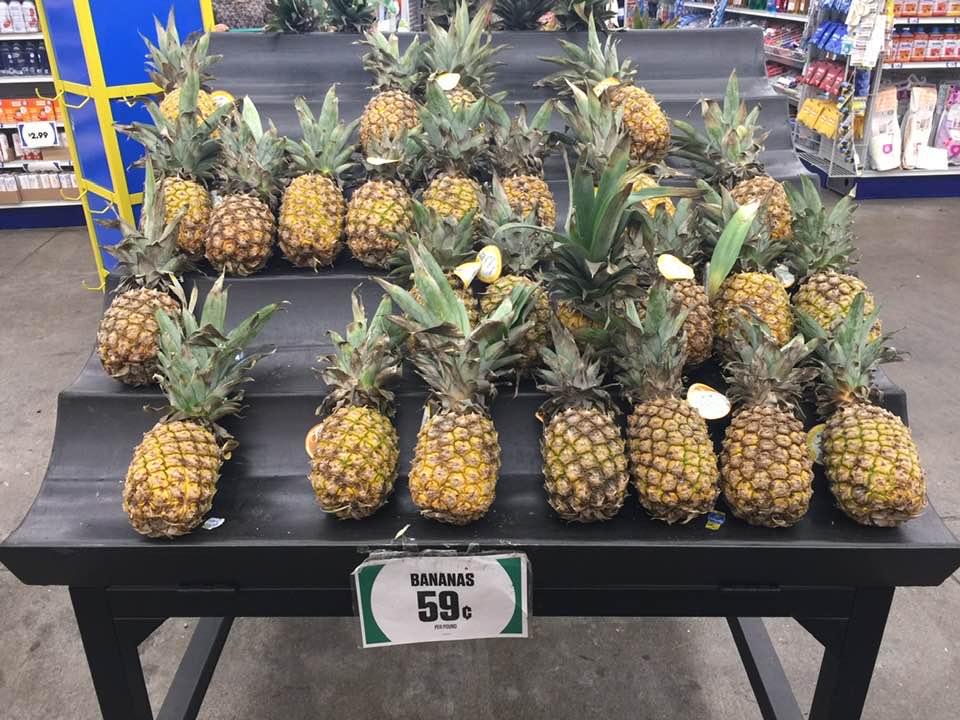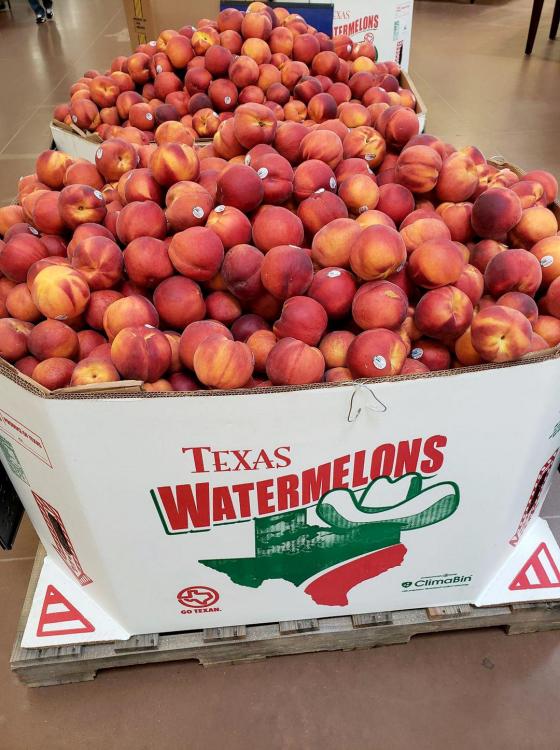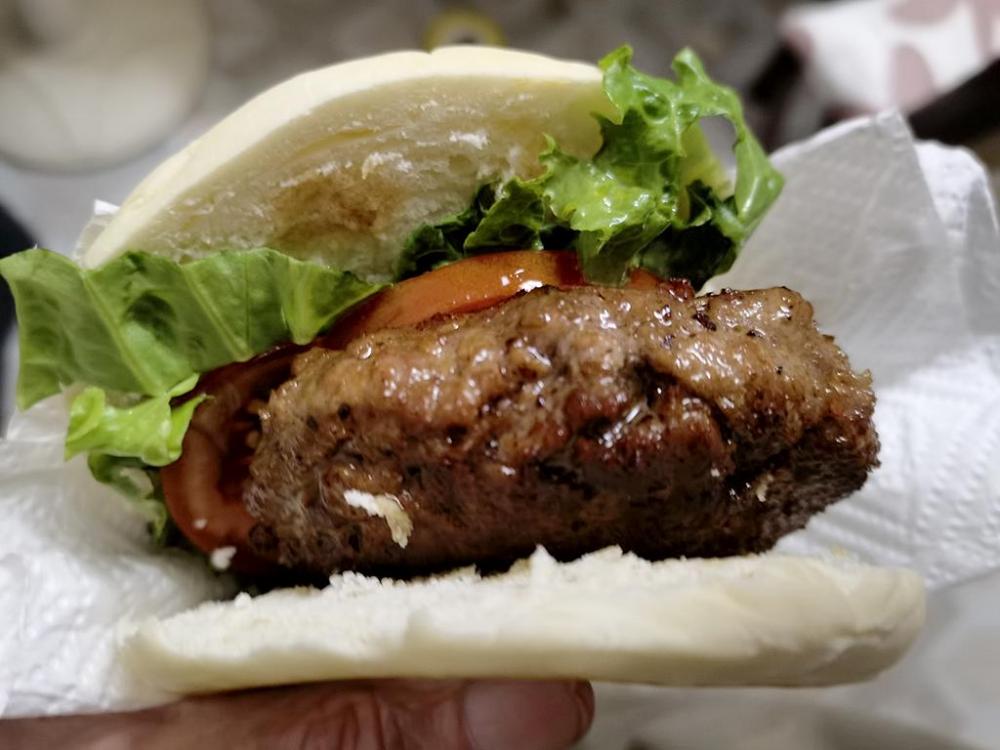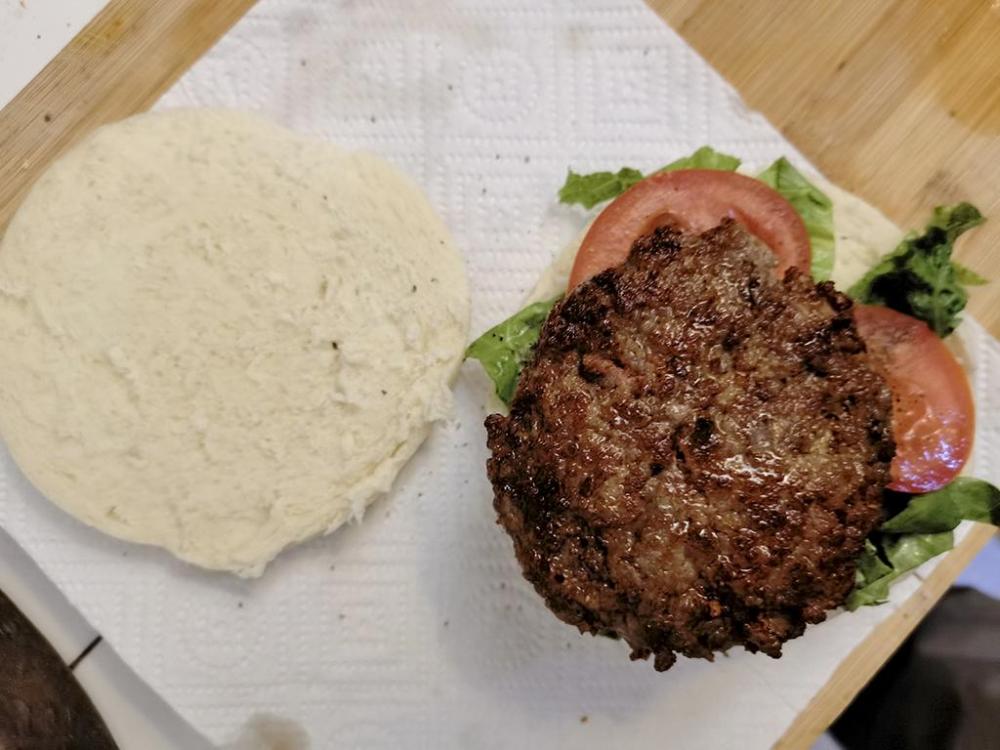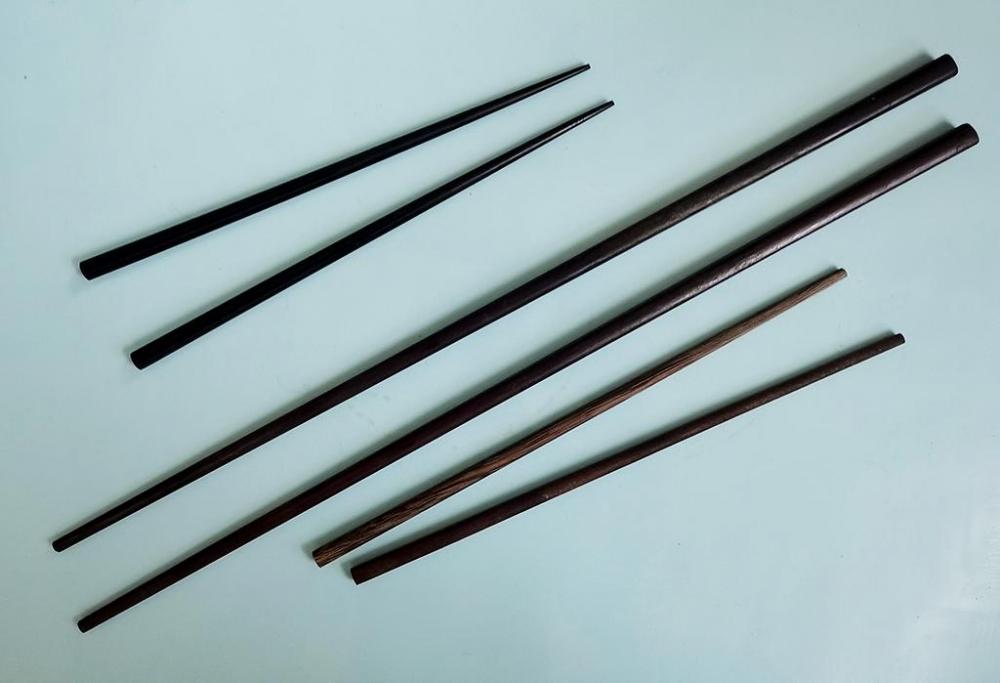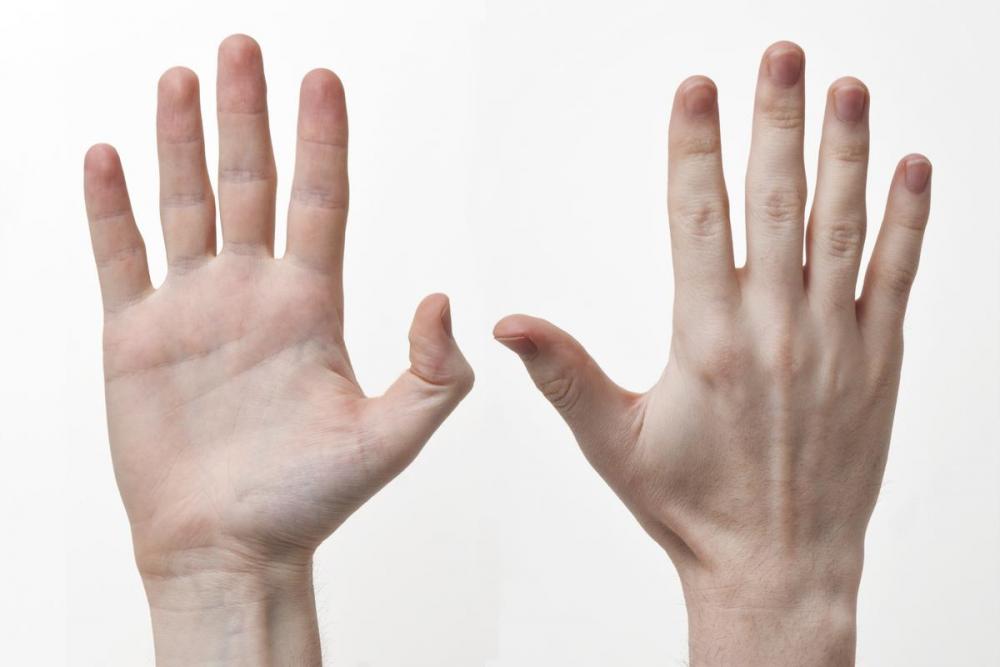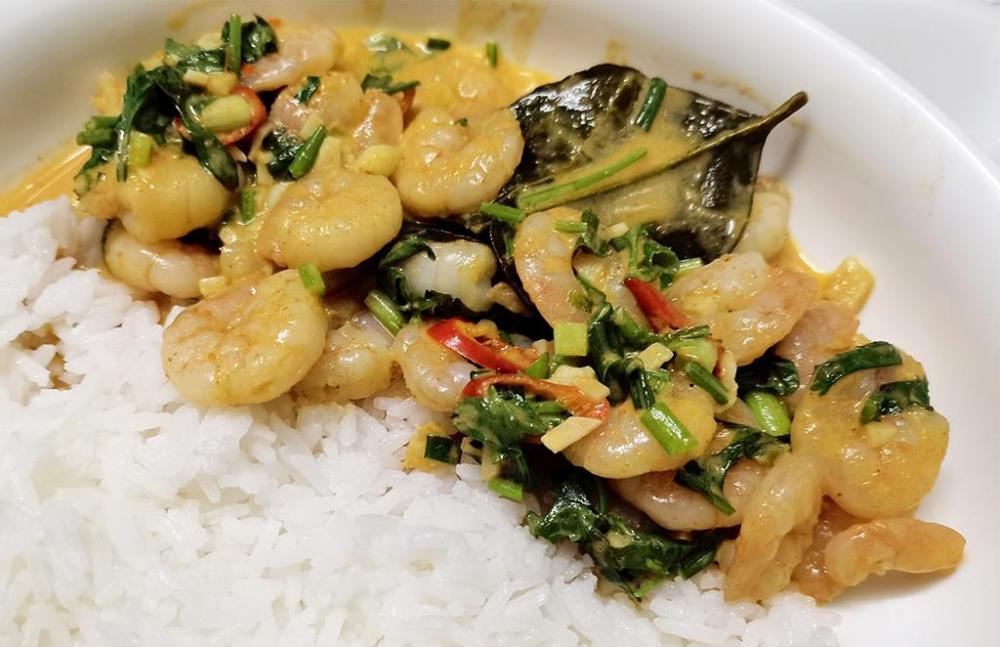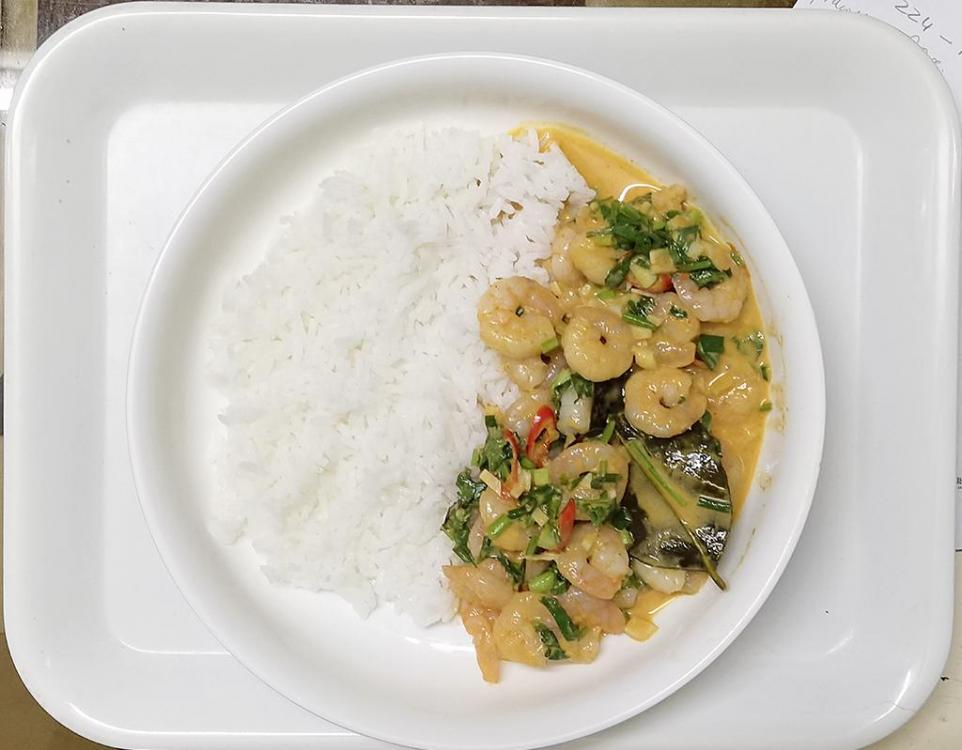-
Posts
16,813 -
Joined
-
Last visited
Content Type
Profiles
Forums
Store
Help Articles
Everything posted by liuzhou
-
Another fine morning in Mangostan! And the mango unveiling ceremony loomed. Cue fanfare! The lady on top (stop sniggering in class!) without her pretty skirt weighs 362.5 g / 0.8 pounds. They are all around the same. Still rock hard, so a day or two in the sun and they'll be ready to more fully display. They'll be back soon.
- 667 replies
-
- 10
-

-
Dumping your delivery parcel outside your home does not consitute delivery here, photo or no photo. In fact, the photo would be damning evidence of irrresponsibility and failure to fulfill the contract entered into; i.e to DELIVER the item(s) to the addressee. The delivery has to be made to me, as identified by me responding to my cell phone call or message, or to my designated agent, ole' slowhand in the collection point.
-
Perhaps I overegged that pudding. There were I think two people in front of me, but the guy is so sloooooow! Yeah, I've heard of 'porch pirates. Non-existent here. If the delivery companies just left packages outside, they would be responsible for any losses. It just doesn't happen.
-
Some parcels here are delivered to the door or at least downstairs from your apartment. To be delivered, the delivery must have your cellphone number. They call you when your loot arrives. Or, more commonly, stuff is delivered to the collection pont and you get a text message to tell you it's there (as happened with my mangoes) so again a passing thief wouldn't know it was there. Also, the collection point is a very local service, exclusive to this small gated neighborhood, so the guy in charge, despite being on the slow side, knows everyone by sight, even if we aren't best mates. I've never heard of deliveries being misappropriated here. It is a highly efficient system. I won't tempt fate by saying it's foolproof. No system is, but it's damn near.
-
I was sitting there contemplating my navel and trying to decide if another G+T was appropriate at 4:30 pm. (Stupid question). When my cell phone bleeped at me. I thought it would be some spam asking me to invest in rubber chopstick technology or something, but no. It was clearly addressed to me and informed me in no uncertain terms that my order had been deposited at the online shopping delivery point within yards of my home. Well I call yards, metres, but that is another story! I was confused. I had already picked up the only deliveries I was expecting today, the T in my G+T and some bleach I felt the need for. I did check the tracking on the remaining few items I had ordered, but they hadn't registered with the orderees at all. What was it? So, I strolled out with my old man shopping trolley. Hey! It could have been a mooncake! I have one friend who regularly sends me weird stuff like that. Or it could have been the beautiful 300 kg Chinese coffin on my wish list. I didn't know! I joined the line at the collection point. The guy in charge isn't the brightest dish on the menu, but I whiled away the time by looking at the various parcels scattered around the floor of his premises. I spotted a box of mangoes and had a bit of a closer look. I saw where they came from. 百色 (bǎi sè), a small city in Guangxi near the borders with Vietnam as well as Yunnan and Guizhou provinces in China. It is considered to be China's mango heaven! I've eaten mangoes there straight from the tree, and totally agree. "Lucky someone", I thought, then noticed something I recognised. My cellphone number! Right there on the delivery label! I picked the box up, the guy noticed this in a rare moment of lucidity and nodded, so I grabbed it, balanced it on top of my trolley as it was too big to fit inside (although the coffin would have been worse), and trotted off home, mangoes in tow. Then sat down with that other G+T to try to work out who the helicopter (one of my late father's euphemisms) had sent them. When I resolve the mystery, I'll let you know. Maybe! Here is the package.The mangoes are now in the food fridge (not the drink fridge) as I have to go out tonight, but I'll update tomorrow with the full gory details I know you crave.
-
Thanks. In my experience, they are more commonly called atta dosa (atta meaning wheat) or Godhuma dosa, but rava comes from Godhuma rava, which I thought was semolina. No doubt wiser heads will pitch in their thoughts.
-
I call this fun. At noon or just before, I took delivery of 24 cans of this Hong Kong brand of tonic water. The delivery wasn't in the least bit fun, but I know the resulting gin and tonic will be. I also know there are only 23 cans in my picture, but I had to test one, hadn't I? That's breakfast sorted out for the next few days! I also received 1.5 litres of bleach in the same delivery, but don't concern yourself with that.
-
Breakfast this morning was some leftover hamburger mix from last nights's dinner, formed into a sausage and fried, with a fried duck egg and fried tomato. No picture, alas. It was too early!
-
-
Nothing better than a good game of 'chase the cherries' to get you going in the morning. Stunning sandwich.
-
Dinner tonight was late and unusual for me. A couple of burgers. The burgers were a mix of approximately 40% beef, 40% pork and 20% bacon. I didn't measure anything; just eyeballed it. Seasoned with sea salt and chilli flakes. Served on Chinese flat bread with tomato and shredded lettuce. More sea salt. I'd say the burgers were the best I've ever made. Juicy and flavourful without being over-complicated. Just a couple of quick cellphone snaps tonight. Burger No. 1. That patty was 12 cm / 4¾ inches in diameter. Burger No 2 - Same size
-
@TropicalseniorI'll address that by Private Message rather than here.
-
Spoons are nearly always supplied automatically; if not it's perfectly acceptable to request one.
-
I'm sorry, but that article is nonsensical. Medlars were common when I was growing up in the 50s and 60s. My grandparents had them growing their large garden. Medlars are still commonly grown. I saw them in England in 2019. both growing and the fruit one of the supermarkets selling them, although the article says no supermarkets sell them! Nor were either Shakespeare or Henry VIII 'medieval' as the article states.
-
Sure, although I can only think of one myth that may not be a myth at all. I'll deal with that first. Most etymologies will tell you that the 'chop' in 'chopsticks' means 'quick', as in the expression 'chop-chop' and came into being through a Pidgin English spoken in China in colonial times. I'm not so sure. 快 (kuài) means quick and 筷子 (kuài zi) means 'chopsticks'. The kuài pronunciation in both are the same but not the characters. They are homophones, but have different meanings as well as being written differently, a common feature of Chinese. There are thousands of such examples. Also, I can't find any evidence of any Chinese dialect or other source pronouncing kuài anything like 'chop'. Nor can I think of any reason why the pronunciation would have changed so dramatically It may be possible that the 筷 character used in chopsticks was introduced later, but again I can find no evidence of that in any of my Chinese sources. I'll leave that one open until I can delve further, but even my favourite source, the OED, gets in a complete tangle with this. Note: this meaning of chop is unrelated to that in 'chop-suey'. As to superstitions and etiquette, I'd say they overlap. The most serious chopstick faux pas is to plant your chopsticks upright in your rice bowl and leave them there. This is a symbol of death as it resembles incense being burned in honour of the departed. If you need to put your chopsticks down, use the chopstick rests supplied, if any. If not, lay them flat across the rim of your bowl, but not pointing at anyone (see below). Dropping a chopstick is also considered unlucky, but happens all the time. Not serious at all. Stabbing or piercing food to pick it up is a no-no. If it's difficult to catch hold something, use your chopsticks to slide the food into a spoon, then convey that to your bowl. Using your chopsticks as drum sticks is very rude, as is pointing at anyone with them. Playing with them is strongly discouraged in children; unthinkable for adults. Don't dig around in a plate of food to find the choice bits. This is referred to as 'grave digging' and again bad luck (as well as bad manners). Don't lick your chopsticks. I'm sure there are more, but those are what come to mind immediately. Neither taboo or superstition, but the mistake most chopstick neophytes make is to hold the chopsticks too near the points. They should be held near the top. It seems counter-intuitive to many people, but they are much easier to control that way. You will see guides on how to hold chopsticks 'correctly'. Ignore most of them. I've seen Chinese people hold them in many different ways. The trick is to hold to hold one steady and move the other one. If you try to move both, you will go hungry!
-
The earliest archaeological evidence dates to around 1200 BCE, yes in China. They were originally longer and used in cooking rather than for eating. Spoons were used for eating. Eating chopsticks seem to have come in during the Han Dynasty (206 BCE to 220 AD). They quickly spread throughout eastern and south-eastern Asia, where they are used to this day. It is worth noticing that most, if not all, of those cultures favour family style eating, in which chopsticks are much more practical. Spoons are still used for some dishes in China (see fried rice above). In Thailand, Malaysia, Laos, Singapore and some other countries most dishes are eaten with a fork and spoon, except noodles for which chopsticks are used. Forks are rarely used in China. Cooking chopsticks are also still used. I use mine almost every day – at least once. Square or round? Just style. No functional difference. Just like there are many variations in western cutlery. One real difference is that Chinese chopsticks are nearly always blunt ended; whereas Japanese and Korean tend to be pointed. I have both. Top left to bottom right: Japanese eating chopsticks; Chinese cooking chopsticks; Chinese eating chopsticks. The cooking chopsticks are 42 cm / 16½ inches long; the Japanese 23 cm / 9 inches; and the Chinese 25 cm / 9¾ inches.
-
Another 'noodle' dish from Xi'an. 驴蹄子面 (lǘ tí zi miàn) - Donkey Hoof Noodles. Also known as 偷懒的面 (tōu lǎn de miàn) - Lazy Noodles, as this is what people make when they are too lazy to roll or pull noodles properly! The dough is cut into shapes resembling donkey hooves, or so they say. No donkey is involved here.
-
I don't recall ever having wheat dosa, although I know they exist. What does your local place use for dosa; the traditional lentils and rice?
-
Yes. Same here. The washing up liquid is soapier. Detergent for clothes washing is also a different formulation. Washing machines are all cold water. Automatic dishwashers are very rare. I only know one person who has one and she is a returnee from America with new American husband in tow. Most dishwashers, including mine, look like this.
-
I don't. It's not mine. The apartment is rented and it was there when I arrived. That said, many people here have them. I think they are a hangover from a time when few kitchens had a hot water supply. Many still don't. People washed dishes in cold water, then sterilized them in these. I have hot water. Most restaurants still have these.
-
I'd say both are true. It is widely accepted that the fuel theory is behind the invention of stir-frying as the main cooking technique to this day. It requires that the food be cut into small pieces by the cook in order for it to cook rapidly. (It also has the side effect of being easier to eat with chopsticks.) At the same there is also still a strong taboo about knives being brought to the table. Doing so is seen as an aggressive, potentially treacherous act. I've seen people visibly anxious in western retaurants in China.



